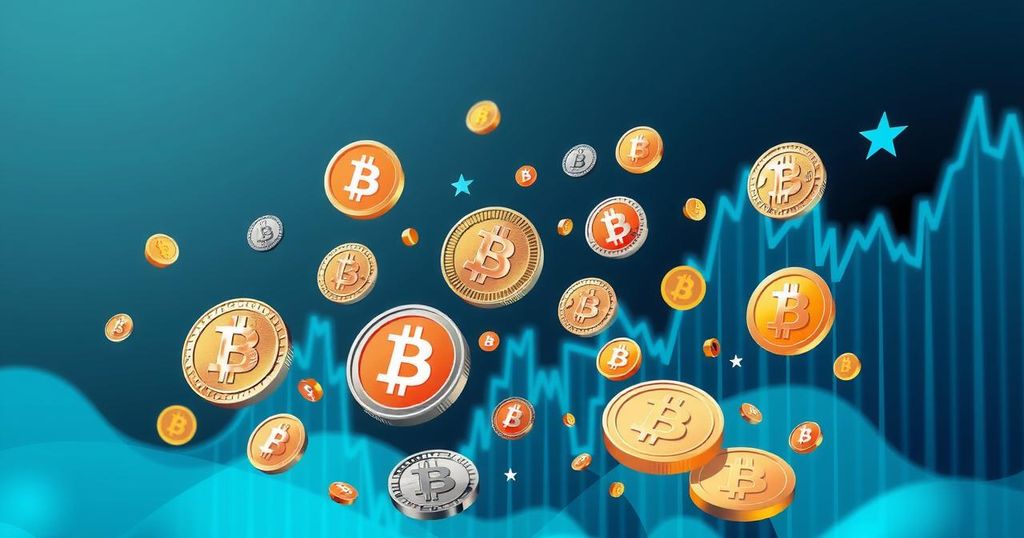Nigeria’s crypto market faces turmoil as Binance blocks airdrops for local users amidst governmental pressures. The exchange contends with substantial fine demands while trying to appease officials. These developments may hinder crypto adoption in Nigeria, prompting potential shifts towards decentralized alternatives in a challenging economic landscape.
Nigeria’s crypto market is currently facing significant challenges, particularly following Binance’s recent actions. The exchange has ceased trading pairs involving the naira and banned a peer-to-peer platform, further complicating relationships with Nigerian authorities. Additionally, Binance has blocked airdrops for Nigerian users, heightening existing tensions stemming from accusations related to the naira’s devaluation and significant capital flight from Nigeria.
The ongoing confrontation has escalated, with Binance being faced with alarming fine demands amounting to 80 billion dollars. Although the release of one of its employees appeared to mitigate some tensions, fresh allegations have reignited hostilities. The restrictions imposed by Binance appear to be attempts to quell government disputes, albeit at the detriment of local traders who previously relied on airdrops for income.
The recent developments could negatively impact cryptocurrency adoption in Nigeria, a country known for its high crypto adoption rates. Analysts warn that Binance’s restrictions might hinder market growth, potentially driving users towards decentralized platforms or lesser-regulated alternatives. Crypto remains vital for many Nigerians grappling with inflation and financial instability, meaning continued restrictions from Binance could solidify the need for alternative solutions.
This situation elucidates the increasingly intricate landscape of crypto regulation in Nigeria. While the government seeks to assert control, crypto investors are exploring various avenues. The conflict between Binance and Nigerian authorities emphasizes the political nuances surrounding cryptocurrency adoption, showcasing its role in the broader economic landscape.
In conclusion, Nigeria’s crypto market is at a critical juncture due to escalating tensions between Binance and the Nigerian government. The exchange’s restrictions not only impact local traders but also threaten the overall growth of cryptocurrency adoption in Nigeria. As the regulatory environment grows more complex, users may increasingly turn to decentralized platforms, reflecting the political intricacies associated with crypto investments in the region.
Original Source: www.cointribune.com




